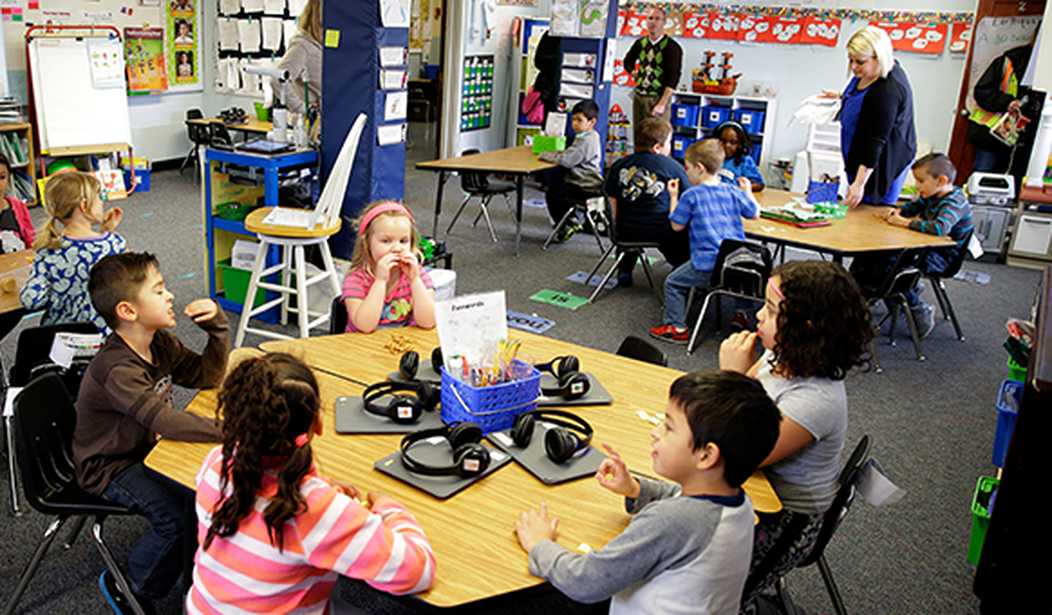I'll be the first person to admit that AI makes me wary, and I've found that most people either feel like I do or they've fully embraced it. There is not much in between.
As a writer, it bothers me professionally. Last year, some freelance work I did turned from "write something for this Fortune 500 company" to "edit some AI-written material for this Fortune 500 company" practically overnight. For what it's worth, the AI-written material the company wanted me to edit was awful, and I told them I could write something original and much higher in quality in half the time it took me to edit (or basically rewrite) the junk.
But they didn't listen, just gave me a significant pay cut and then dropped me from the project completely when I said I was no longer interested in editing AI-written material. The best part is that they tried to tell me it wasn't written by AI at all, like I'd just fallen off the turnip truck or something.
I've also seen former colleagues brag about using it to write everything from their own personal blog posts to entire novels, and that makes me incredibly uncomfortable. I couldn't live with myself if I had an AI program write a sentence for me, much less an entire body of work.
As a human, I have other, more nuanced worries that make me want to run off and live on a beach on a semi-deserted island for the rest of my life.
But I'll admit that even I'm slowly learning to embrace it. A little bit. Maybe. I mean, it's heading for us like a freight train, so what else can I do?
Here's a positive example of what using AI can do, or, at least, I saw it as a positive.
A teacher at St. George Place in the Houston Independent School District had her first-grade students write a journal entry about what they wanted to be when they grew up and then draw a picture of themselves next to it. According to KHOU-11, the kids chose careers ranging from engineers to artists, and they wrote things like one wants to be a neurologist because "if anybody breaks their brain I can fix it," and another wants to be "a scuba diver because I want to discover the sea."
The teacher, Sadiya Ishaq, then took the journal entries and plugged them into ChatGPT. The results gave the kids a glimpse of themselves in the future doing the jobs of their dreams. The images were so realistic that they had a big impact on the students and their families. KHOU-11 notes that one little girl even wiped away a tear when she saw a glimpse of her potential future as a doctor.
But at this particular school, the project had even more meaning. Ms. Ishaq, who got emotional about it herself, pointed out to KHOU-11 that the school is 50% Title I and that many of these kids don't have community role models. This project shows them that they can truly be almost anything they want to be when they grow up if they work hard enough. It gives them a purpose, a goal.
While I don't know the origins of it, I've seen a video on X of a classroom doing what appears to be a similar project in recent days. Just look at the way these kids' little faces light up.
Teacher uses AI to show students as adults in their dream jobs. What a beautiful use of AI. pic.twitter.com/AA91xnYodS
— The Redheaded libertarian (@TRHLofficial) June 16, 2025
Score one for AI. I can get behind that.
And I have to begrudgingly admit that I've found another good use for AI lately.
How can I say this nicely? My mom was a bit of a hoarder. She left me with two houses and some storage buildings filled with junk. Some of it is trash, but a lot of it is nice stuff that can be sold or donated, and I've been slowly but surely sorting through it since she died. For a while, I rented a space in a local antique mall, and I was chipping away at the piles by taking it up there and selling it.
In February, I was finally able to move to a larger space, which meant I could start doubling my efforts, and I spent most of the month moving all of my items across the store, setting up the new space, and taking more loads of things up there. It was like I had my own little shop within a shop. Things were going smoothly. But about two weeks after I finished, the owner of the store rudely and abruptly shut the place down without notice, leaving me and many others racing to get our belongings out before we lost access to them (it was a big deal — it even made the local news).
This meant that I had to load everything up I'd taken up there, bring it back home, and find a place to put it among the stuff still there. That includes the remainder of my mom's belongings, a lot of stuff my parents still had that belonged to all of my grandparents, and the truckloads of remnants of my late neighbor's estate that my mom felt she needed to acquire just before she died. Oh, and don't forget all of my furniture and belongings from when I had my own house before I moved back home.
Basically, I'm overrun with stuff. It's everywhere. And as I said, I refuse to just get rid of it without going through it and donating and selling what I can. At the same time, ever since the shop closed down, I can't keep it moving, and it's felt like an uphill battle, especially this time of year when I want to be outside working in my garden and swimming when I'm not writing. It's also causing me to postpone other projects I want to work on, plus there's a bit of added urgency in that I may have to move at some point in the not-too-distant future.
Quite frankly, it was overwhelming me. One night last week, I was trying to figure out where to start with it and largely procrastinating when I pulled up ChatGPT. "I need help getting my life together," I typed in, thinking it was a joke. But the AI started asking me questions, and I answered them, explaining the situation. Long story a little shorter, before I knew it, I had a "game plan" for the next week. Not only did it give me steps for tackling the junk in a way that didn't seem overwhelming, but it incorporated all of the other aspects of my life too — like I'm trying to get back into better shape after sitting around for about a year and barely working out at all — and it all seemed... well, it all seemed doable.
I felt sort of silly at first, but it's been incredibly helpful. A few years ago, you wouldn't believe how much I was holding together on my own when both my parents were seriously ill in the midst of a pandemic, and I was managing multiple businesses, among other things. I didn't need no stinkin' AI for all that. But it also led to major burnout. And for the last couple of years, I've been trying to figure out how to transition into a much simpler life — with less stuff — and I feel like this little tool is giving me some proper direction.
So, score two for AI.
I think I'm learning that it's more in how you use it rather than if you use it. But there's still a very fine line between useful and dangerous, in my opinion. Only time will tell, I suppose.










